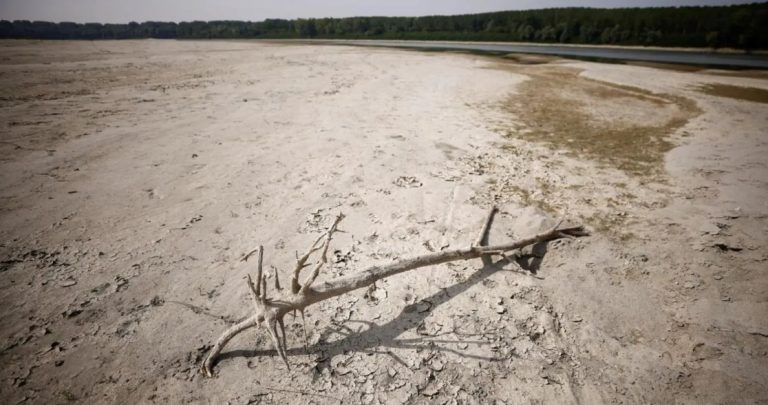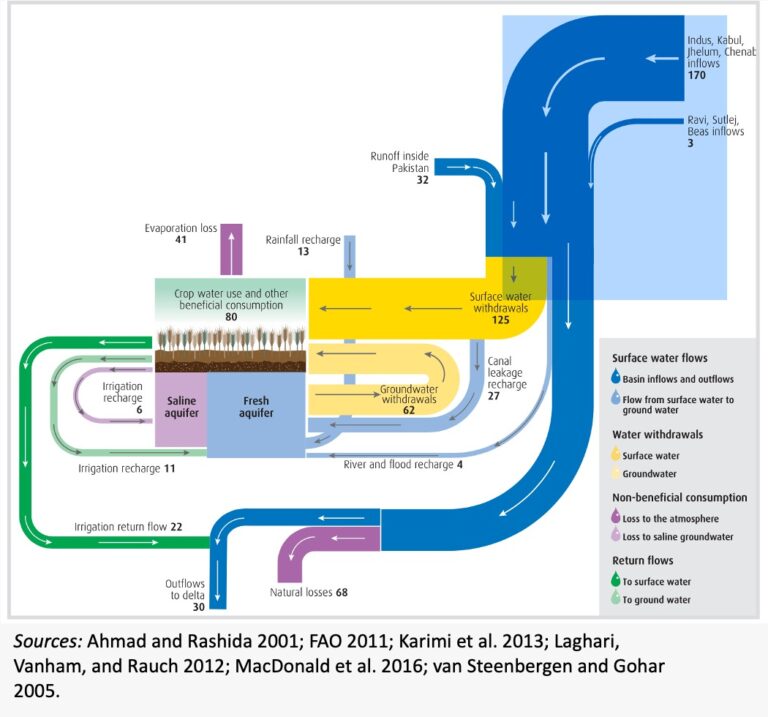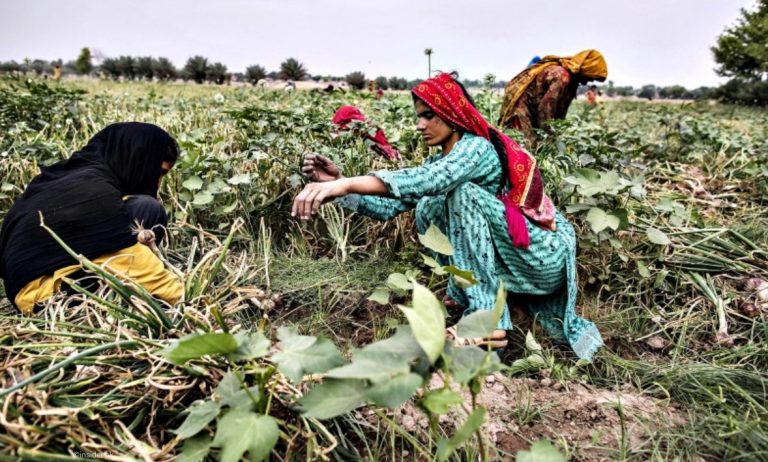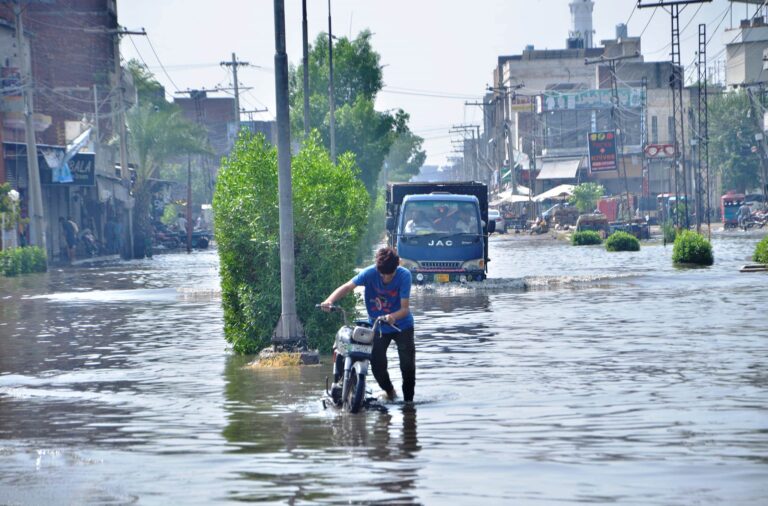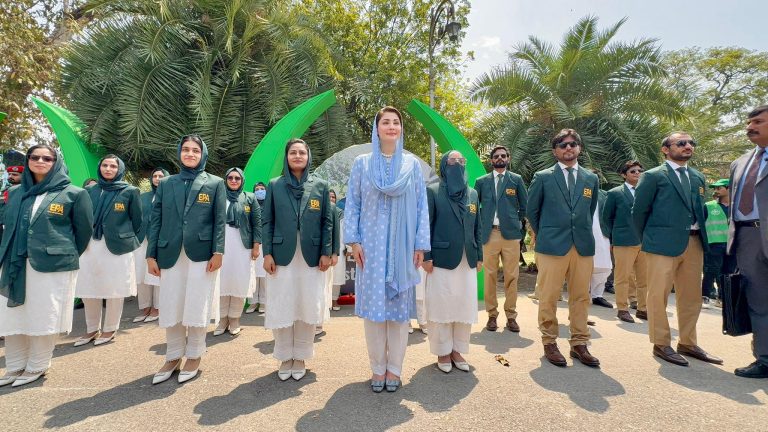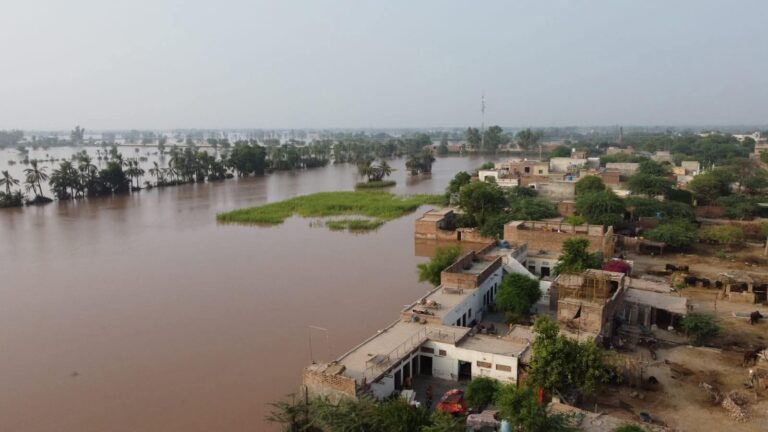Climate Change and Its Role in the Rising Cancer Cases in Pakistan

Environmental changes are increasingly contributing to the rise of cancer cases in Pakistan. Key factors include the growing duration and intensity of smog, as well as the widespread use of plastic bags for carrying hot food items. These factors are adversely affecting the health of men, women, and children alike. This alarming trend has raised concerns not only among environmental organizations and government agencies but also within the medical community.
According to a report by the International Agency for Research on Cancer (IARC), a subsidiary of the World Health Organization (WHO), Pakistan recorded 185,748 new cancer cases in 2022, with 118,631 deaths attributed to the disease. The report highlights that breast cancer is the most prevalent among women, while oral and lung cancers are more common among men.
The Link between Smog and Cancer
Climate change and air pollution have turned smog into an annual crisis in Punjab, particularly during the winter months when cold temperatures trap pollutants in the air. The toxic mixture of industrial emissions, vehicular pollution, crop burning, and brick kiln smoke contributes to dense smog, making it difficult to breathe and reducing visibility. Rising temperatures and shifting rainfall patterns have further intensified the severity and duration of smog.
Punjab’s geography and rapid urbanization make cities like Lahore, Faisalabad, and Gujranwala particularly vulnerable to smog. The thick layers of pollutants in the air contain PM2.5 and PM10 particles, heavy metals, and volatile organic compounds (VOCs), which can penetrate deep into the lungs and enter the bloodstream, posing severe health risks.
Scientific research has established a strong link between air pollution and various types of cancer, especially lung cancer. The IARC classifies particulate matter in air pollution as a Group 1 carcinogen, the highest category for substances known to cause cancer in humans. Prolonged exposure to smog increases the risk of chronic respiratory diseases, cardiovascular conditions, and lung cancer.
The situation in Punjab is particularly concerning due to high industrial and vehicular emissions. The toxic particles in smog damage lung tissues, cause DNA mutations, and promote the growth of malignant cells. Additionally, heavy metals such as arsenic, lead, and chromium, often present in industrial emissions, further elevate cancer risks. Children, the elderly, and individuals with pre-existing health conditions are particularly vulnerable.
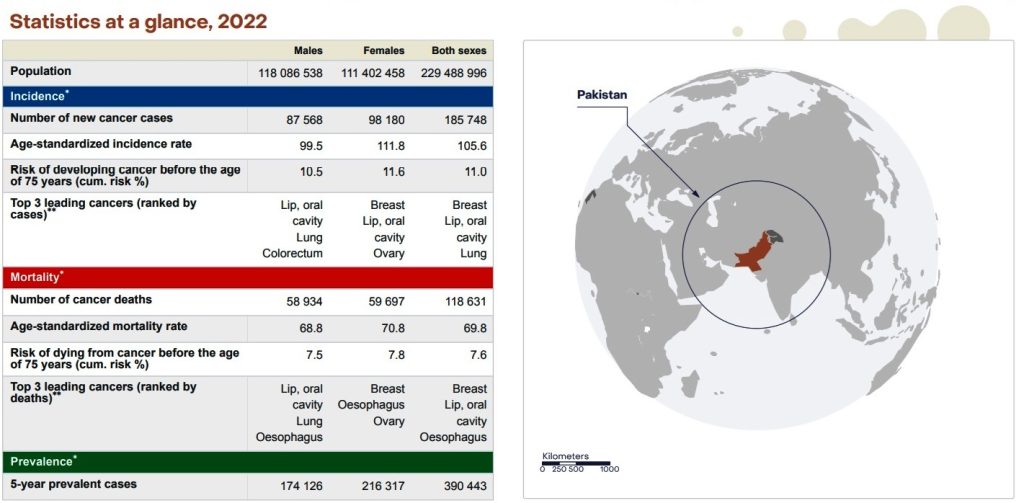
The Growing Healthcare Burden
The increasing number of cancer cases is putting immense pressure on healthcare facilities. The rising incidence of lung, throat, and respiratory cancers has overwhelmed hospitals and healthcare providers. Beyond respiratory cancers, prolonged exposure to air pollution weakens the immune system, making individuals more susceptible to other forms of cancer.
To address this crisis, government hospitals provide basic cancer medications free of charge to underprivileged patients when funding is available. However, the burden of palliative care and other medical expenses falls on the patients. In the private sector, all costs are borne out-of-pocket, with only 10-15% of patients receiving full or partial coverage through insurance.
The growing health crisis demands urgent policy interventions, stricter environmental regulations, and increased healthcare investment to mitigate the long-term consequences of climate change and pollution on public health in Pakistan.
Another major health issue stems from the widespread use of plastic bags for carrying hot food items. Made from low-density polyethylene (LDPE) or polypropylene, these plastic bags are not designed to withstand high temperatures. However, they are commonly used by street vendors, restaurants, and households to serve hot, freshly prepared food. When exposed to heat, these plastic bags release harmful chemicals such as Bisphenol A (BPA), phthalates, and dioxins, which can contaminate food and make it toxic for consumption.
Scientific studies have shown that chemicals leaching from plastic into food can be carcinogenic. BPA, for instance, is known to mimic oestrogen and disrupt hormonal balance, increasing the risk of breast and prostate cancer. Phthalates, commonly found in soft plastics, have been linked to reproductive issues and a higher likelihood of liver cancer. Dioxins, which are by-products of plastic manufacturing and burning, are among the most dangerous carcinogens, associated with multiple forms of cancer.
Although the Punjab government has banned the use of plastic bags for food packaging, public awareness of these health risks remains low. This particularly affects low-income and less-educated communities, who frequently purchase food from small vendors and street stalls where plastic bags are still widely used. Many shopkeepers and food vendors continue to rely on these bags, contaminating food and contributing to long-term health hazards. The lack of strict regulations on plastic usage in food packaging, combined with the government’s struggle to enforce air quality standards, has created a public health crisis that disproportionately affects the most vulnerable populations.
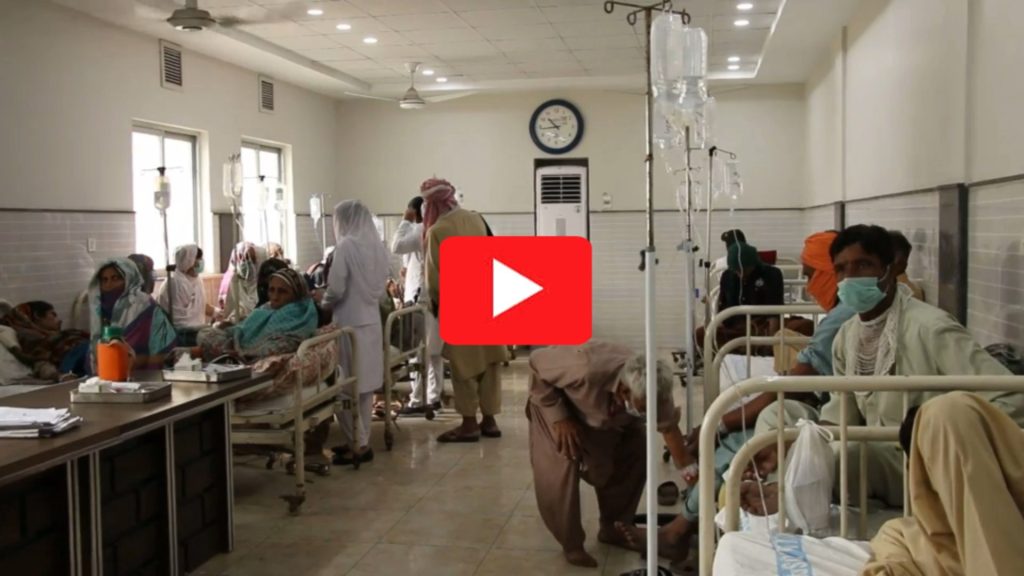
To combat smog, the Punjab government has introduced several measures, including setting up air quality monitoring stations in major cities, transitioning brick kilns to zigzag technology, penalizing farmers for burning crop residues, and banning single-use plastic bags. While these steps are commendable, their implementation has been slow, hindered by corruption within government departments and a lack of resources, making enforcement a significant challenge.
Addressing the health risks associated with plastic use and air pollution requires large-scale community outreach initiatives led by social organizations. Raising awareness about environmental laws and ensuring adequate healthcare for affected populations should be prioritized. Immediate action is necessary on multiple fronts. Public awareness campaigns must educate communities about the dangers of using plastic bags for hot food through media, social platforms, and grassroots programs. Stricter enforcement of existing bans on single-use plastics is crucial, and policymakers must collaborate with industries to develop affordable and safe alternatives, such as biodegradable bags or paper-based packaging.
Adopting cleaner technologies in industries like brick kilns and promoting low-emission or electric vehicles should be accelerated to curb air pollution. Moreover, improving healthcare accessibility for cancer patients, particularly in rural areas, is essential. Specialized cancer treatment centers must be made available to underprivileged populations. Engaging local communities in air quality monitoring and encouraging citizens to report environmental violations can also play a key role in holding industries accountable for their environmental impact.
Tackling these issues requires a collective effort from the government, civil society, and communities to ensure a safer, healthier future for Punjab’s residents.

